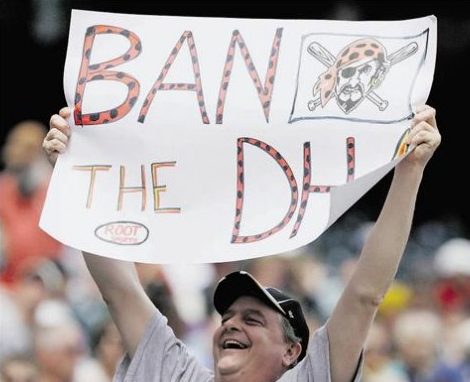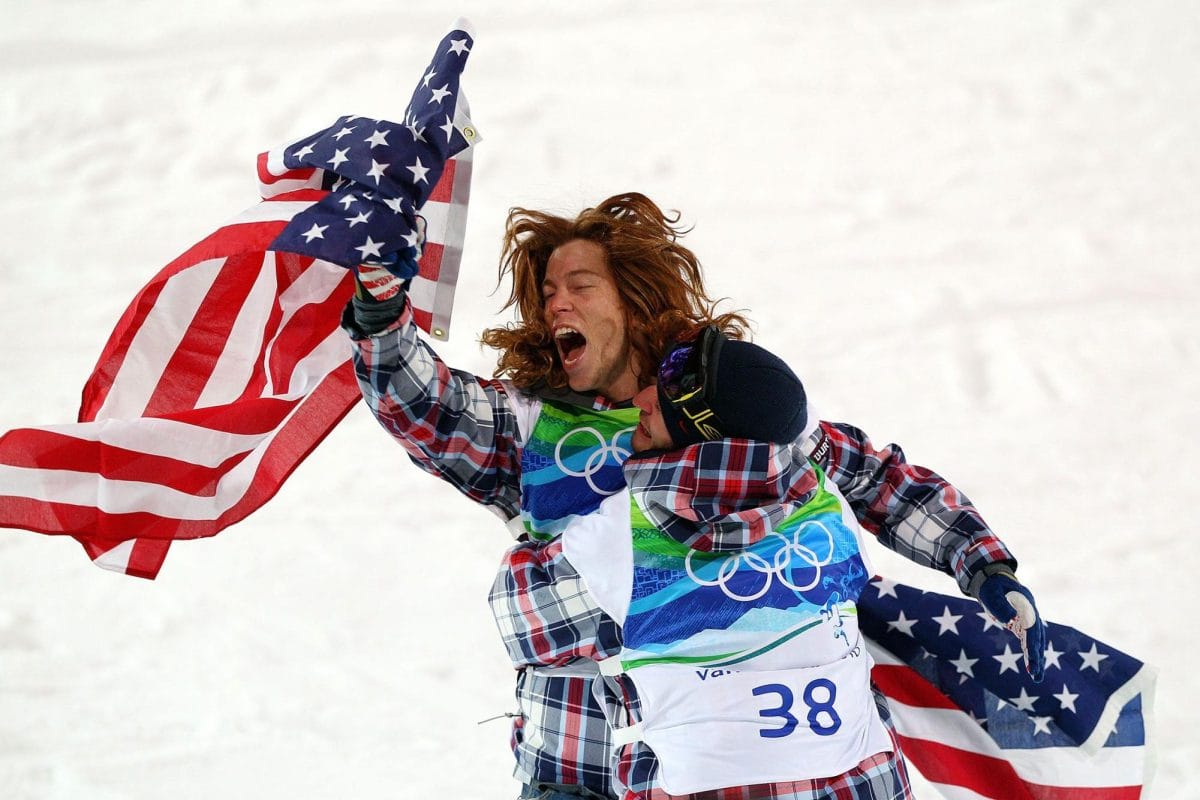Sports are constantly making changes in order to appeal to a modern audience. In baseball, commissioner Rob Manfred has spent much of his tenure trying to appeal to younger viewers. He has attempted to shorten game length by incorporating rules limiting the number of mound visits and shortening the length of time in between innings. However, one aspect of the game that is a source of consistent contention among Major League Baseball (MLB) fans that has not been addressed, is the inevitable change that will bring the designated hitter (DH) to the National League (NL).
The truth is that pitchers cannot hit. Of course, there are a few notable exceptions like two-way superstar Shohei Ohtani, and D.C.’s own Max Scherzer, but the overwhelming majority of pitchers are automatic outs when they step in the box. As a fan of the Nationals, who do not regularly employ a DH, there is nothing more frustrating to me then when the Nationals get a few runners on base, and then the pitcher comes up, hitting below .100, and strikes out on three pitches.
When pitchers hit, they are not only hindering their team, but risking their own health. Good pitchers are at a premium in the MLB, and most of them have been training specifically for the position since high school. When pitchers are forced to hit again in the majors, their bodies are not prepared to do things like swinging or running to first base.
Max Scherzer has been a surprisingly effective hitter since arriving in D.C. Recently he has been making a point of hitting during Spring Training (when teams have the option to use a DH) to showcase his dislike for the rule. However, when Scherzer signed with the Nationals and was making his transition to NL baseball, his attitude was a little different.
“If you look at it from the macro side, who would people rather see hit: Big Papi or me? Who would people rather see, a real hitter hitting home runs or a pitcher swinging a wet newspaper? Both leagues need to be on the same set of rules,” Scherzer said in 2015.
I hate to call out the best player on the Nationals, but Scherzer’s hypocrisy shows that the majority of poor hitting pitchers are for the DH, and the only pitchers who are really in favor of the DH, are either stubborn, or good at it.
In 2015, Scherzer also brought up the most imperative reason that the DH needs to be incorporated in the NL: to even out the leagues. How can you call yourself one league if all of your teams are not playing the same game? American League baseball takes longer because when the pitcher is not in the lineup, there is no automatic, short at bat at every turn of the order. However, the DH also generates more offense for the AL, making its brand of baseball more entertaining. American League baseball and National League baseball are completely different, and many of these discrepancies stem from the designated hitter.
The current DH rule also makes interleague play unfair for the away team. At an American League ballpark, NL teams get to use the DH, but the problem is that they tend to not have a designated hitter on the roster. They end up penciling a bench player into the lineup who can not compare to the big, burly slugger in the other dugout.
The arrangement is even less fair to the American League teams. When an NL club is hosting, the pitchers from the AL, who are even less prepared to hit, are forced to step to the plate brandishing a brand-new bat and a trademark look of uncertainty.
Baseball purists argue that the DH is too modern and takes away from the strategy of the game. However, these purists have no answer for how to limit injuries, or make the game more interesting for younger viewers. The DH provides both of those things, along with a slew of other effects beneficial to the game.
NL teams appear to be getting prepared for this inevitable rule change, as many have gone out and acquired some premier sluggers for long periods of time that may extend past the days when they are effective fielders. The DH rule would give these players, like Bryce Harper and Robinson Cano, an opportunity to extend their careers as players in the AL like David Ortiz have been able to do in the past. The DH could allow players to play into their early forties, and still contribute for their team.
Earlier in this offseason, the DH was rumored to be included in a potential rule change that would have taken effect this upcoming year. It does not appear as if this is actually going to happen though, because there has been little momentum since its rumored inclusion.
While it may not be happening this year, the DH is coming and there is no reason to try and delay it. The designated hitter is beneficial in so many facets of the game that it is worth it to sacrifice some of the tradition of National League baseball. The fact of the matter is that baseball is at a pivotal point, and if it doesn’t do something soon to appeal to this new generation of viewers, then it is risking its existence in the future. The DH is the easiest way to accomplish this while also pleasing die-hard fans who enjoy long games but are tired of watching pitchers who are as talented as little leaguers try to hit.







































